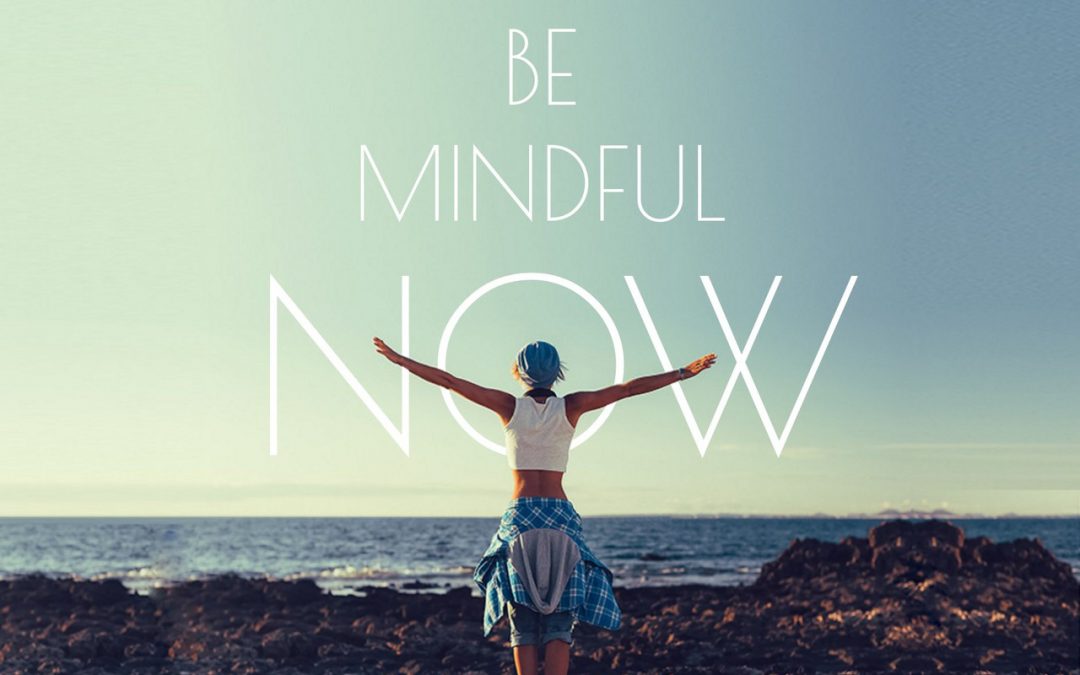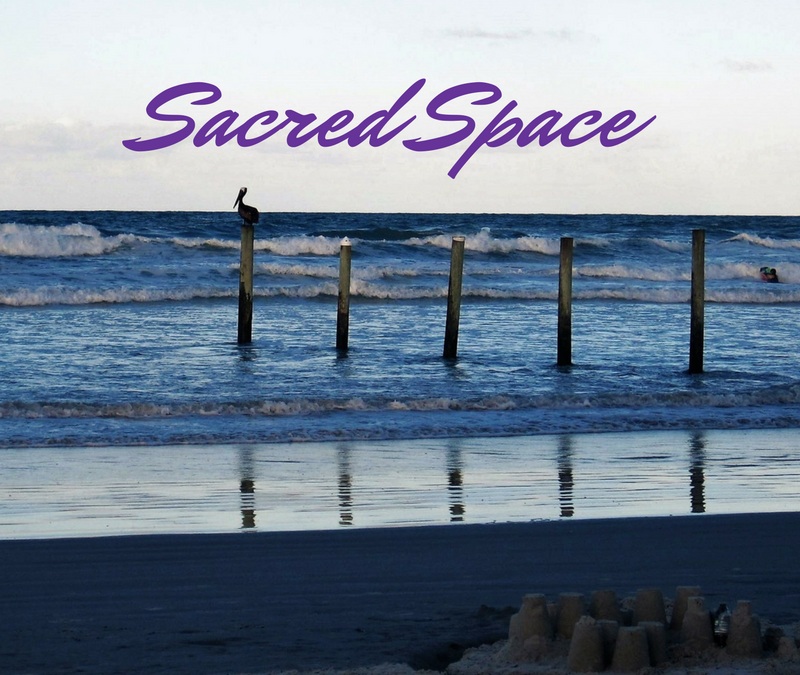
by Vera Bellamy | Jun 14, 2022
Most people would probably agree that our world needs empathy.
The dictionary defines empathy as the action and the capacity of understanding, being aware of, and being sensitive to the feelings, thoughts, and experiences of another person.
If we can feel our own pain, can we naturally fee the pain of other human beings or animals? Are we really wired for empathy, or do we learn empathy?
Psychologists talk of three types of empathy. Cognitive empathy is when you can put yourself in somebody else’s shoes. We cognitively understand what people are going through. Understanding that somebody is hurting is limited, as it doesn’t produce the kind of acknowledgment the other person needs.
Emotional empathy is when you feel and sympathize with the feelings and emotions of others. We need this capacity to maintain relationships and friendships. Some people are better at this than others, for example therapists. Emotional empathy can be treacherous for sensitive people. Feeling somebody’s else emotions and pain without boundaries can cause you to become ill.
To have healthy empathy, we must practice Compassion. With compassion we understand and we feel for someone else, but also are capable of holding a safe place for them to have their own emotional experiences. Compassion is felt more in the heart. We are extending our heart to someone else’s heart, thus making the other person feel seen, heard, and acknowledged.
Transformation is a process. As we heal, we also learn and develop more empathy. Feeling the pain of others is an essential component of good health.

by Vera Bellamy | May 17, 2022
The famous author Caroline Myss says that “people are hungry for the sacred.”
Once, people in masses went to churches to reflect and to connect with a force stronger than themselves, one that brought them relief and peace and hope.
“Religion is part of the human make-up. It is our first attempt at cosmology, making sense of where we are in the universe, our first attempt at health care, believing in faith healing,” writes Christopher Hitchens.
Whatever the Gods represent for you, quantum intelligence or a divine intelligence, we need the humility the sacred brings into our lives to make sense of our illogical human existence. I heard one of the victims of the California fires say “only gratitude matters going forward.”
Collectively we need more inspiration, more beautification and purification of our characters, our personalities, our souls, and our energies.
We are a sacred temple, and everyone on earth is a sacred temple. Together we make one sacred tribe. We walk on sacred earth, and we desperately need to accept ourselves as sacred beings. No shift in collective consciousness will ever happen if we don’t welcome back this basic truth.
We need to respect the sacred each one of us has decided to pursue; it is the right one for you at this point of your human evolution.
The true sacred inside of us doesn’t wage wars, doesn’t wish bad things to people, doesn’t look down at other sacred beings.
When you are feeling stressed, bring to mind the image of a sacred space, feel the peacefulness and the tranquility of sacredness inside of you. Respect, devotion and faith are a part of who you are.
In my yoga class this morning, blessings were sent to my body, my friends, the people all over the world who are suffering and lacking peace. Send blessings to your own body, and your own friends, and all other places you wish to send some sacredness and healing
by Vera Bellamy | Jan 2, 2022
Q: Please present yourself to our audience
My name is Vera J. Bellamy. I am a full-time therapist and meditation teacher. My healing work is enhanced by my expertise in linguistics, counseling theories and energy medicine. I became a psychotherapist after years of practicing meditation, and learning how to use meditation techniques to regulate the body’s energy system and to develop intuition. I studied the science of Intuition Medicine® at the Academy of Intuition Medicine with Francesca McCartney Ph.D. In my work with clients, I use targeted clinical interventions, intuition and meditation to help people recognize themselves, gain insight, connect with their wisdom and imagine who they are becoming.
Q: Can you explain to us what is your core wisdom program?
My core wisdom program teaches basic energetic, meditative, self-regulating techniques that people can integrate into their lives when feeling stressed, overwhelmed, disappointed, impulsive, or anxious. It helps people to find a calm and safe place within. It gives people power over their emotions and thoughts. It helps them to enter a space of timelessness where they can reconnect with joy and bring that joy and hope back into their day. Of course, with any program, it requires that you practice regularly so that it becomes effortless allowing you to benefit from it long term. This is a system of realigning spirit, mind and body to improve wellness. For more information, I would refer your readers to my website colorsofwisdom.com.
Q: Hearing your clients for all this time, what do you see as the main concerns and blocks that people have, that they struggle with?
Life offers many struggles and setbacks. Some people are just better emotionally and mentally equipped to manage their struggles than others. People who have experienced trauma for example, have the hardest time processing negative experiences, and have difficulty remaining present in their daily lives. This is a main reason why we see so much addiction in this country. People cope with life’s difficulties through the wrong means. Once people start using substances, they alter the chemistry of their brain and it becomes difficult to repair the brain. It takes time and extreme effort. In addition, they also destroy their energetic systems. I still believe that saying “no” to drugs is the best message we can send to our friends and younger generations. Grief and loss is also difficult on a person’s mental health. Grief takes you through a lengthy process of stages and the emotions can be overwhelming. With my program, the processes are sped up, allowing you to take control over what life hands you so you are able to operate from a state of empowerment and hope. My program instills the following affirmations: “I will survive this.” “I will get out of this stronger and wiser.”
Q: Poor mental health is a serious problem that is more prevalent than ever these days. What is your advice for someone that is not feeling comfortable and suffers with anxiety, tiredness, bad thoughts…?
People need to take responsibility for their emotional experiences and seek help. Recognizing that something is wrong with us is the first step towards good mental health. There are many Mental Health Professionals who can offer help. Isolation and giving-up is a sign of depression. Reaching out and making the necessary connections will lead to answers and will jumpstart the healing process. Some people are wired to be negative, to find excuses, to avoid responsibility and action. This is a learned behavior. I might disappoint some people, but without action, there is no change. The first step is to call a medical or a clinical professional, a psychologist or a therapist. For example, when we start meditating and using self-regulating techniques, we upgrade our energy, we gain clarity, we dissipate doubt, we become a part of an interconnected energetic whole, which is the spiritual world. It is different from what we see and feel through our 5 senses. Life vibrates at a more inspirational and hopeful mode because we experience the depth of experiences. When we reach for timelessness while in a deep meditative state, we improve our conscious life spent in time and we become more present.
Q: What are the first steps to achieve a personal transformation?
I would say self-love and commitment to self-improvement. Again, it is an inner calling, an insight that we have to change something in order to feel happier and more fulfilled. The author Caroline Myss calls it “hearing the call of your spirit.” Then, there is the all important follow-through. Without good discipline and perseverance, we will not transform. Transformation requires great effort on our part. Meditation becomes effortless only when we have put in the effort to practice every day. Healing requires that we make an appointment to see a professional. Consistency, self-love, and regular practice will lead to positive changes.
Q: Can you share with our readers a special message in these challenging times?
Don’t give up on hope and never give up on yourself. Nourish yourself every way possible. Invest in yourself through courses, connections, books, therapy, exercise, yoga and meditation. When your mind is healthy, there is a flow to your life. You will feel grounded and your mind and spirit, connected.

by Vera Bellamy | Oct 3, 2017
I would like to take you into the world of the placebo and show you how powerful a thought or a belief can be in making you feel better.
Imagine participating in a surgery trial where there is a 50% chance that you will receive a fake surgery. You are made to believe that your surgery is real and that an actual surgeon performed the surgery on your spine. Miraculously, you feel better after the surgery despite the fact you were in the fake pool, but you don’t know it.
“It appears that the mere belief that patients had received a potent treatment was enough to ease-and in some cases banish-their symptoms,” says Joe Merchant about this real spine surgery study in her book Cure.
This is one example of the placebo effect and the power of belief to improve and make our health better. The Italian neuroscientist Fabrizio Benedetti, who is the biggest expert on placebo in the world, thinks that placebo can be applied in all areas of life from sex to music, writes Merchant. Maybe just by believing that the music is wonderful, its effects on us will be more powerful in terms of positive emotions and experience.
Beneditti’s team in Italy is conducting real studies on the placebo effect, and measuring the role belief plays in improving symptoms. Let’s say you take a drug and you feel better after taking it. The kind of questions they would be asking are: Is the improvement due to the medication you took or your belief that you took the medication? And it looks like this can be measured through clinical trials, according to Merchant’s research.
The placebo has been proven to work for a variety of psychiatric disorders like anxiety and depression. The more we know that we are taking the medication, the stronger the effect. For example, Joe Merchant says that Benedetti has discovered that Valium, which is an old drug for psychiatric disorders, has no effect unless patients know that they have taken it. Studies show that some painkillers are effective only if we know that we have taken them. If we don’t know that we took them, they don’t work.
When scientists discovered endorphins- the brain’s natural painkillers, it became natural to inquire if taking a placebo triggers the release of endorphins in the brain. And they have discovered that it does. This is how the science of the placebo was born. There is a mapped out neuro-chemical mechanism occurring after taking a placebo.
A study at the University of British Columbia discovered that when a placebo medication is given to patients with Parkinson’s, physiological changes do occur in the body, as dopamine levels increase significantly. In some trials involving Parkinson’s disease patients, the placebo effect has been shown to have the same effect as a response to a real drug.
So something interesting is going on in our bodies, and probably by extension, to our external realities, when our minds are focused on sending a positively charged belief and thought. At least scientifically, the placebo effect has been proven to reduce symptoms of patients and improve the quality of their lives. So let’s ponder on that, and when you feel down, think of the placebo and how you can apply it to your own life to turn things around. Hmm, something to consider today for everyone. As I’ve heard Joe Dispenza say, we are the placebo effect.
Source: Jo Merchant, Cure: a journey into the science of mind over body, 2016

by Vera Bellamy | Sep 20, 2017
Listening to the news about natural disasters or phenomena happening everywhere around the globe, I couldn’t stop thinking about what is needed of us, when events of such magnitude threaten our material and physical security?
The earth is always evolving and changing, and the changes are opportunities for us to grow and learn as human beings.
The uncertainty of the events, and of life in general, teaches us that certainty can be found only inside of us. If we have a strong core and a strong sense of who we are, we will face these events with courage and calm.
The truth is that life is all about learning how to live with uncertainty. And becoming more comfortable with not knowing what tomorrow will bring.
That is why we need to develop courage. If we cultivate courage as a human quality and if we recognize the value of becoming courageous, we will fare much better in times of high stress and uncertainty.
If you don’t have courage, you will let your anxiety and fear topple your calm, when what you need the most is calm and self-control.
If you don’t have courage, you will not be able to examine the information given to you, and to make the right decision for yourself and your loved ones. You will let negative thinking, thoughts and feelings of gloom and doom, overtake you and make you lose your ground.
Without courage, you will hastily abandon your property, your pets, your life and embrace the fear of others.
Courage is the quality to stand on your own, to think on your own, to listen to your radar system, and to be plugged into a deeper awareness and intelligence. Courage allows you to say no to the herd mentality, and to always act with dignity and empathy.
In times of volatility and uncertainty, we need to learn to stay present, grounded, and to trust our senses.
And most of all, we need to trust life and to trust ourselves and that requires a lot of courage!
I am inviting you to start examining yourself, setting new intentions, and developing and living with more courage!
Give me a lever long enough and a fulcrum on which to place it, and I shall move the world. – Archimedes





Recent Comments